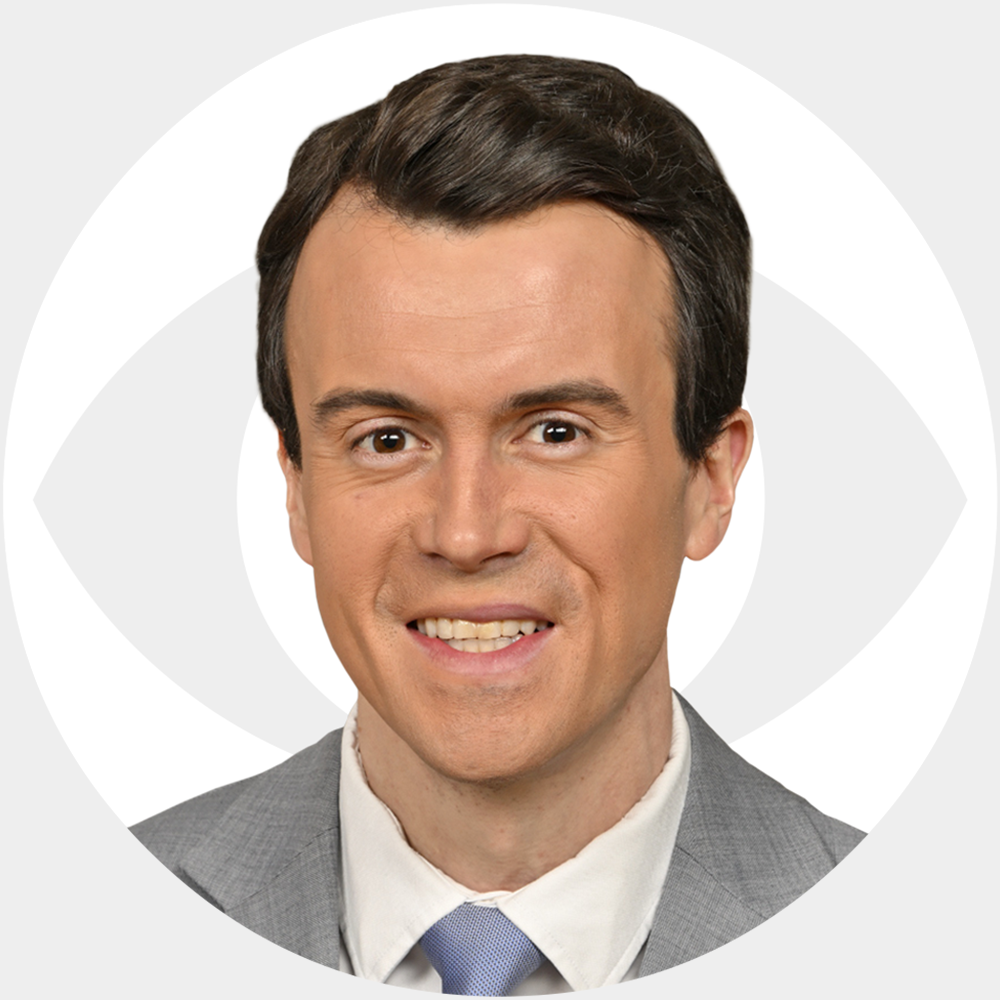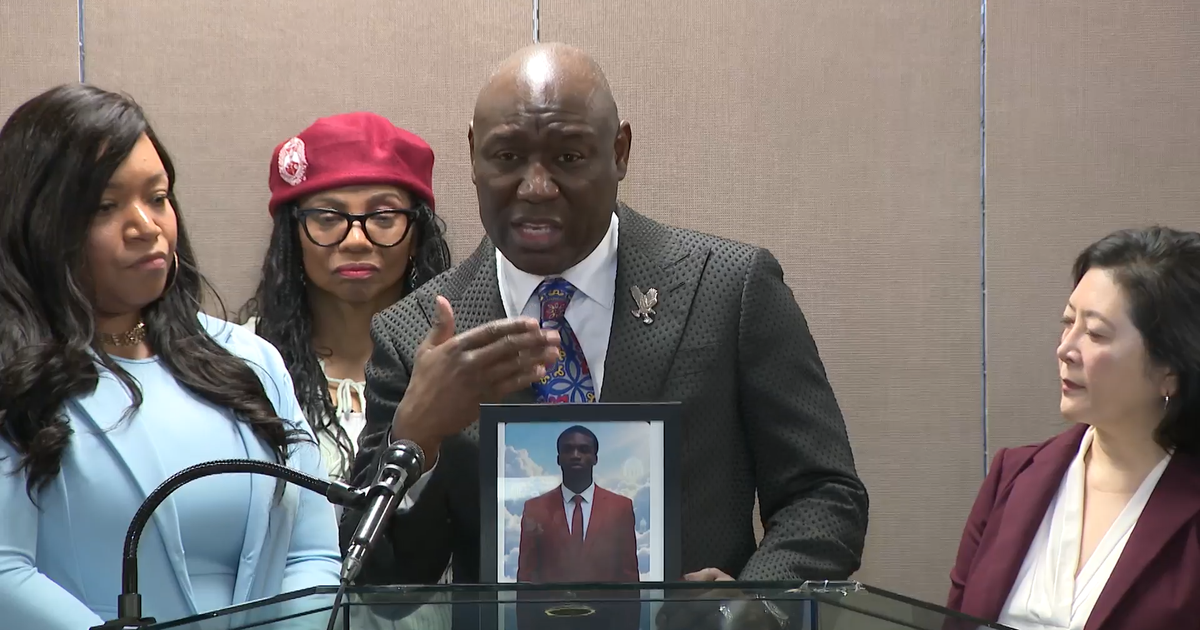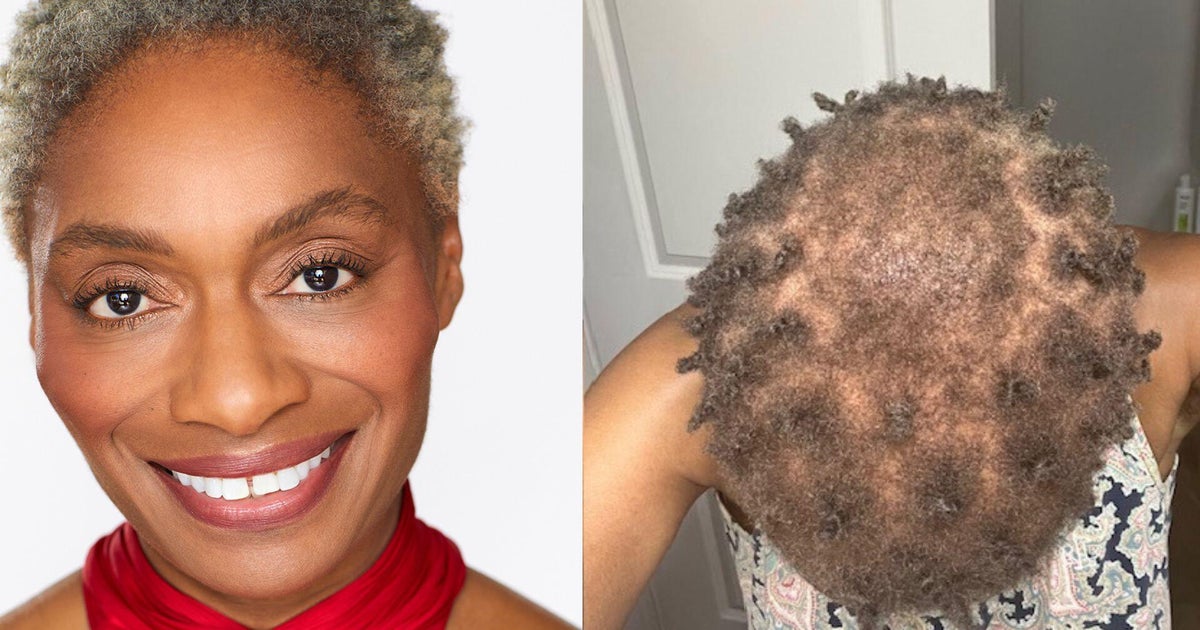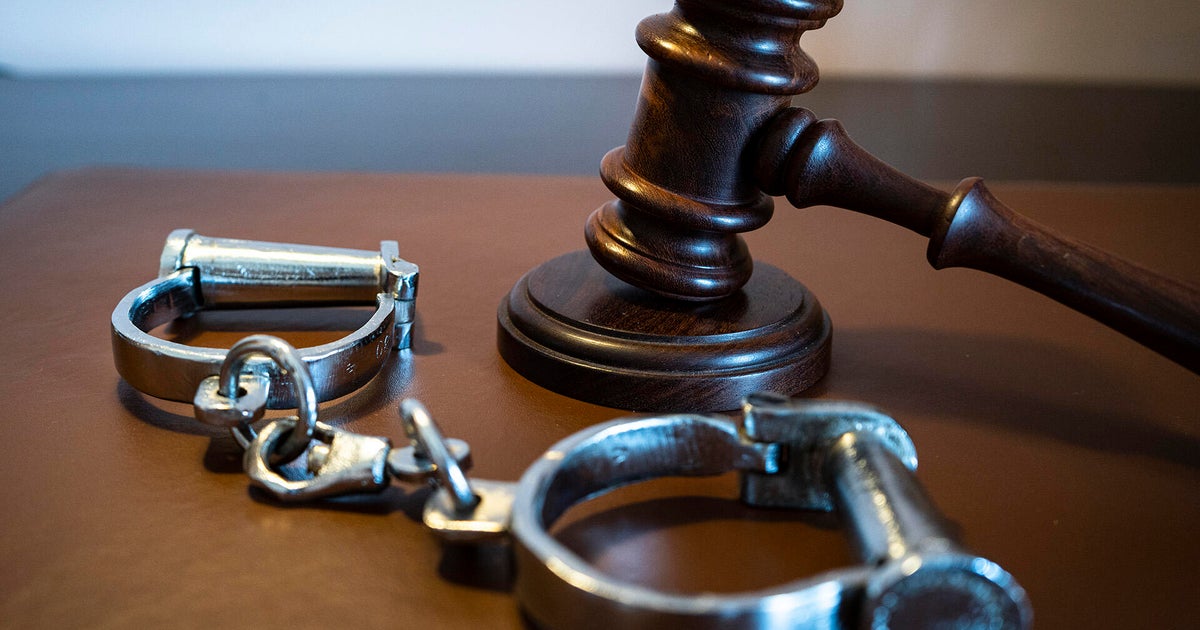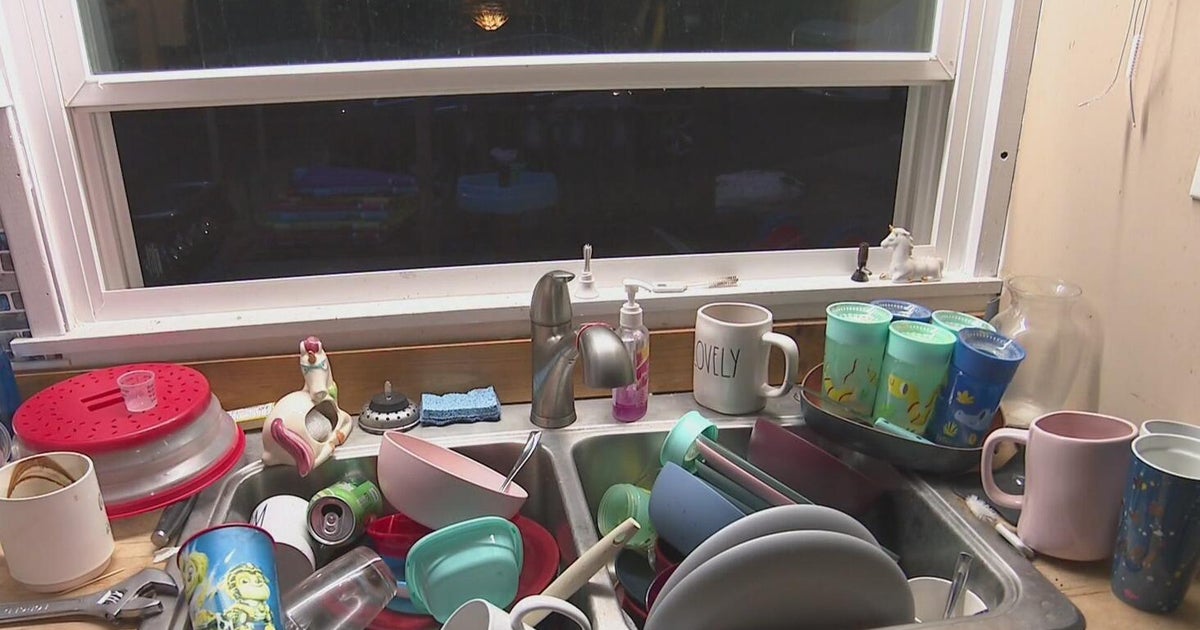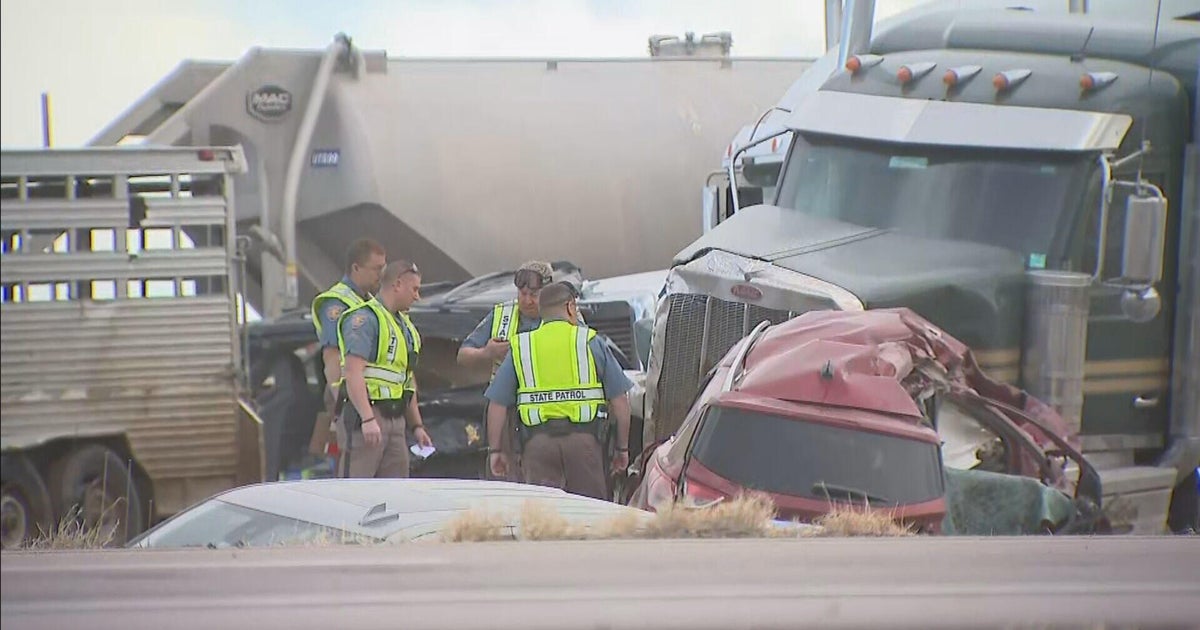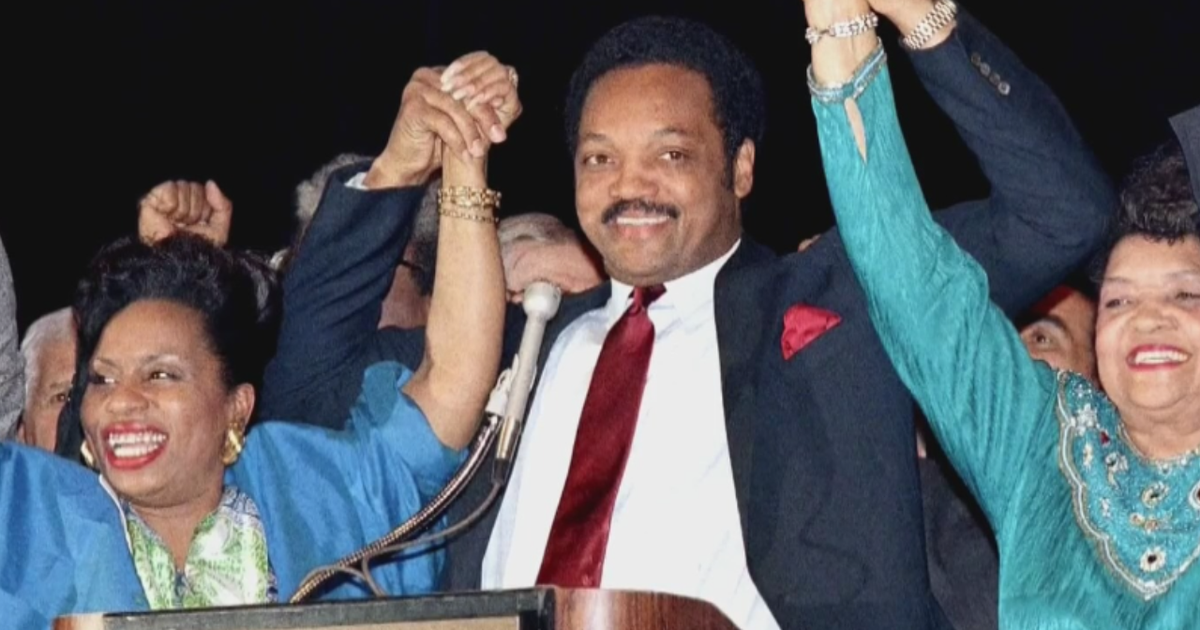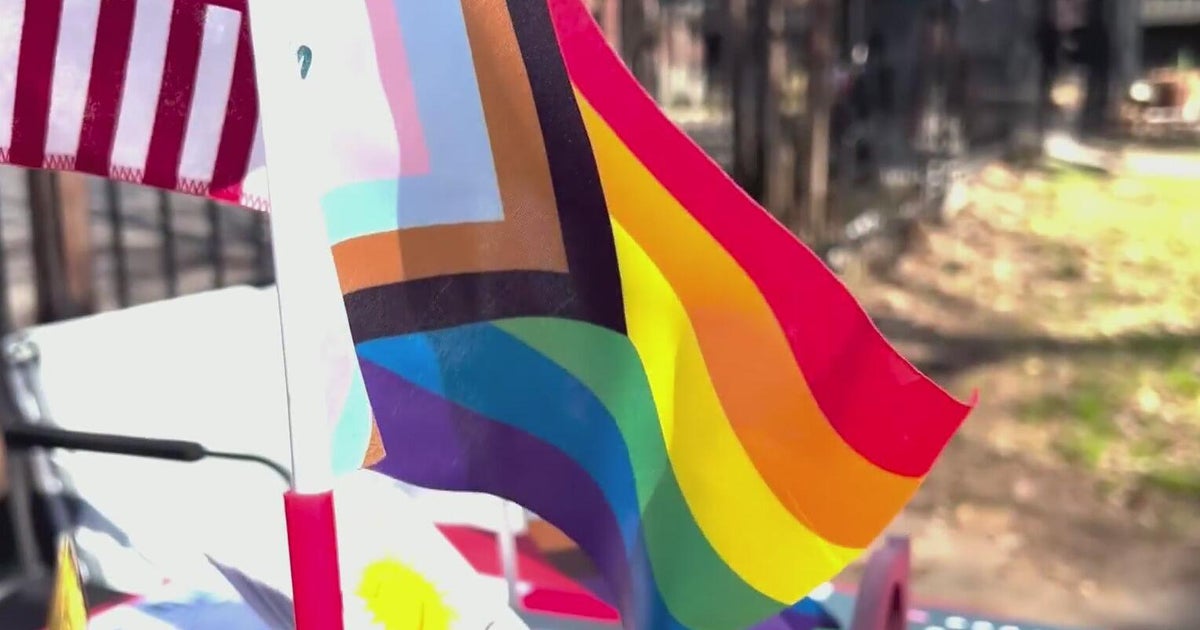Report shows 14% increase in opioid overdose deaths across New York state
NEW YORK -- A startling figure released from New York state on Tuesday shows opioid overdose deaths are up across the state, along with non-fatal overdoses.
It's a problem that's leaving parents grieving and doctors pushing for change.
Rich Pagano describes his son Nic as a young man full of joy -- a singer, dancer and actor and someone Pagano misses every day. He died in July of 2021 after he bought drugs on the street laced with fentanyl.
"I would not wish the death of one's child onto anybody. It's indescribable, what we have gone through in the last year," Pagano said.
Nic overdosed in Connecticut, where he'd moved for addiction treatment, but he grew up in New York, where new numbers show addiction problems are getting worse.
A new report from the New York State Department of Health shows opioid overdose deaths jumped 14% from 2020 to 2021, the latest numbers available. The report also shows a 13% increase in emergency room visits due to opioid overdoses.
RELATED STORY: Authorities say drug dealers are using rainbow fentanyl to target younger generation
"This is fentanyl that's in the opioid supply," said Dr. Arthur Robin Williams, a clinical psychiatrist who works with Columbia University and Ophelia Health.
"What could we do to get this to stop, to reverse this?" CBS2's Tim McNicholas asked.
"The most important thing, of course, is not use anything from the black market, especially a pill or a powder. Even a single use can be lethal or lead to permanent injury," Williams said.
"He was full of character. He owned the room," Pagano said of his son.
After that tragic loss, Pagano wanted to help people struggling with addiction. Now he's teamed up with Release Recovery, a group focused on treatment.
"While the numbers are scary, they're not just that. The numbers represent our mothers, our fathers, our brothers, our sisters, our community," Release Recovery CEO Zac Clark said.
Release Recovery has even helped launch a fund in Nic's name to help people pay for treatment.
The goal is to help prevent another broken heart.
